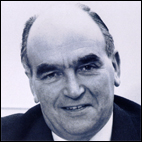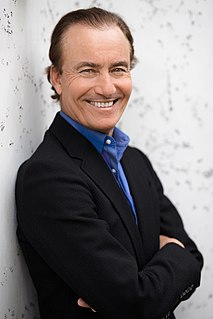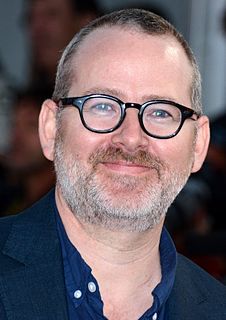A Quote by Patrick Collison
I think that Stripe generally is comprised of the kind of people who believe in technology or are kind of optimistic about its effect and want to have whatever future it's leading to happen.
Related Quotes
I think of futurists as people who have a particular attitude about the future. They're advocates for a certain kind of outcome. As a forecaster I am something very different. I am a professional bystander. I have opinions about the future, of course. But my whole posture is to be detached and to identify what I think will happen and not allow my judgments of what should happen to get involved.
You know, everyone is always talking about plastic surgery, or the technology, what to do. I really think it's important to help yourself with the technology if you want to feel better, but I am absolutely against any kind of monstrous cuts of the body, lifting that is beyond recognition, this kind of stuff.
There are two kinds of people: one who goes on thinking about the future, not bothering about the present at all. That future is not going to come, that future is just a fool's imagination. I don't think about the future. I am a totally different kind of person. I don't think about the future at all, it is irrelevant.
I think recognition outside of Japan is amazing. I don't feel like that kind of thing would ever happen to me, as I'm not like those kinds of designers - I don't want to express myself in such a categorized way. I kind of want to be in the middle of the majority and the minority. I don't really want people to know what I am.
Mostly it's like, I get inspired by something and I want to learn that part of filmmaking, I want to delve into that kind of depth. And leading, also, a lot of people. A lot of people, for two years of their life they follow me, and they believe what I believe in. So that's some responsibility and I'd like to make it worth the effort.
I think whatever you believe in affects whatever you express, whatever you create. It shapes your morality in some way. But I don't think that's something that you have to shove down people's throats. I'd rather keep it in the background, and I'd rather people came to the music in an unprejudiced way. I'm glad, in a sense, that most people don't know about me, what I do, much. I'd rather they hear the music, and then say, "I wonder what kind of person created this."
I've been in a few movies that really have the tendency to polarize people, and I kind of like that. I kind of like anything that pushes people's buttons. People will always take things as they want, and project stuff on it - it's just kind of what people do. Whether it's violence or teen pregnancy, whatever.
No matter what I tend to be doing, generally people always think I'm crazy, first of all, because I'm always talking about things in the future that haven't happened yet, and people have a hard time believing what's gonna happen. Secondly, I'm almost always a contrarian, whatever direction everybody else is going in, I'm probably figuring out a way to go in a completely opposite direction.
The people who review my books, generally, are kind of youngish culture writers who aspire to write books, or write opinion pieces about what they think of Neil Young, or why they quit watching ER or whatever. And because of that, I think there's a lot of people who write about my books with the premise of, "Why this guy? Why not me?"


































